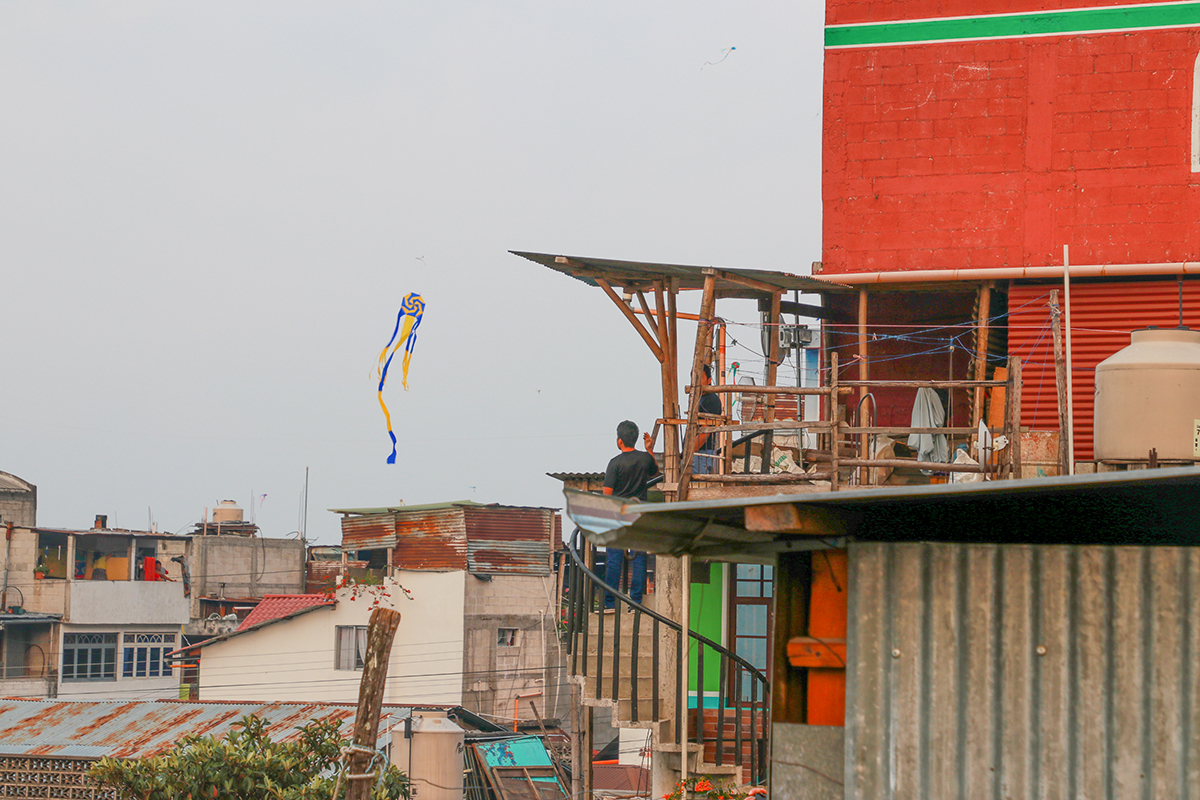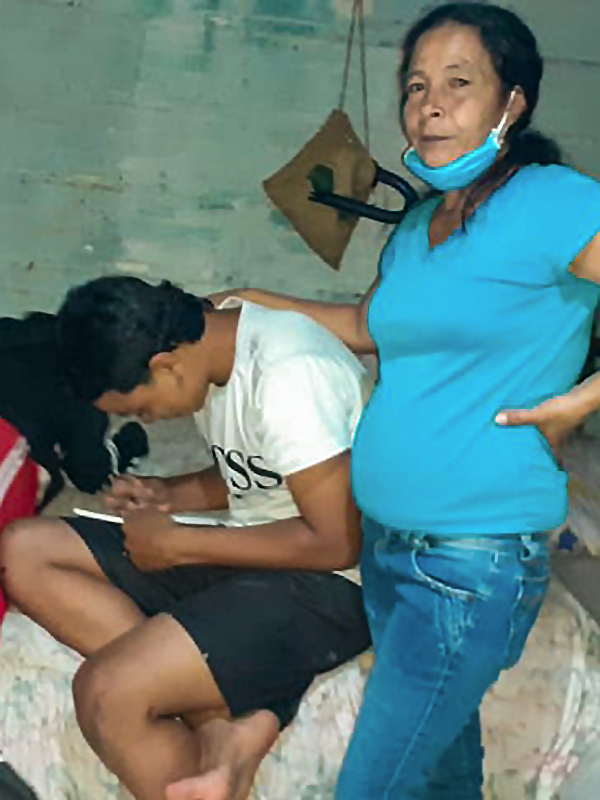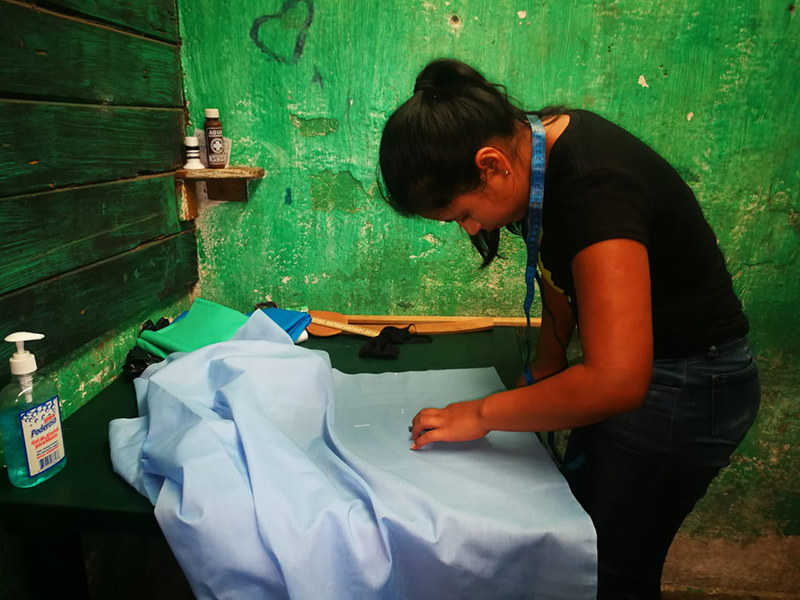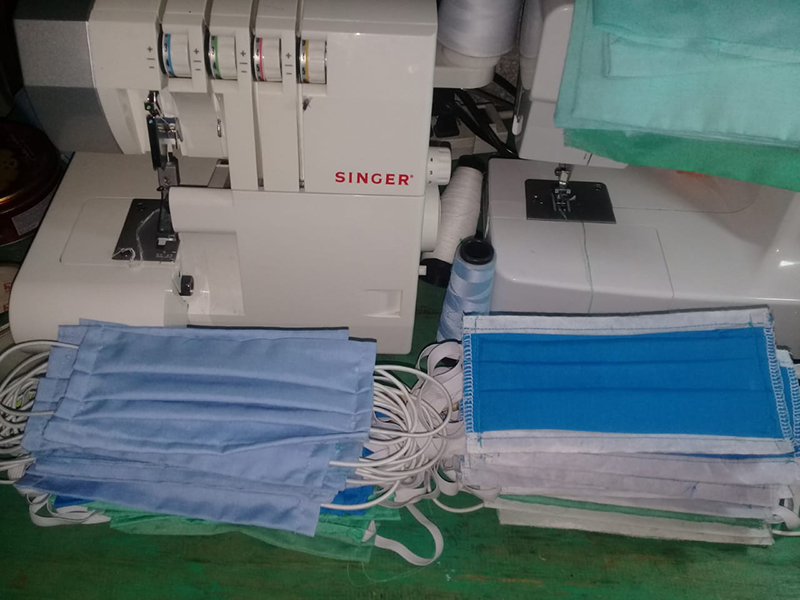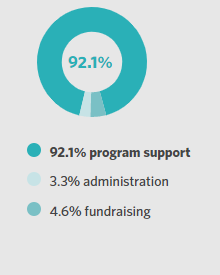Narrowing the divide
While digital technology has proven an invaluable asset during the pandemic, there were great disadvantages for those without it, especially students. In a year when distance learning became the norm, the gap between students with adequate internet access and the 43% of homes in the world that UNESCO says lack it only widened.
Acquiring the proper equipment is another challenge. Lidia, a single mother in Colombia, represents the difficulties faced by many families throughout the world. Her three oldest children use her cell phone — the only digital device the family owns — to study and communicate with their teachers. “We often stay up until 2 or 3 in the morning doing the tasks they have to do,” she said.
Some families allocate part of their sponsorship funds for the purchase of equipment and internet access, but these expenses can be overwhelming. In some local Unbound programs, staff and parent groups are also doing what they can to help students avoid falling behind because of inadequate equipment.
Jensen, a sponsored senior high student in the Philippines, offered an example of how this is happening.
“When we heard from our PVL (parent volunteer leader) about the possibility that we can request financial assistance from Unbound in buying a laptop for our online class, we tried that opportunity since we really need to have it for our education,” he said. A few days later, Jensen and other students in the program were granted funds and given permission to purchase the equipment.
According to Velazquez, the organization recognizes the increased importance of technology for education and is responding to it. One way was to adjust the Unbound Scholarship Program to allow for use of funds to cover technology needs. The scholarship program provides financial support for promising students who otherwise wouldn’t be able to continue their studies.
“We know that local programs have changed their policies and communication to encourage this,” she said. “We also recently modified the Unbound Scholarship Program manual to specifically include technology devices, data plans and internet access as education expenses that fall under scholarship.”


